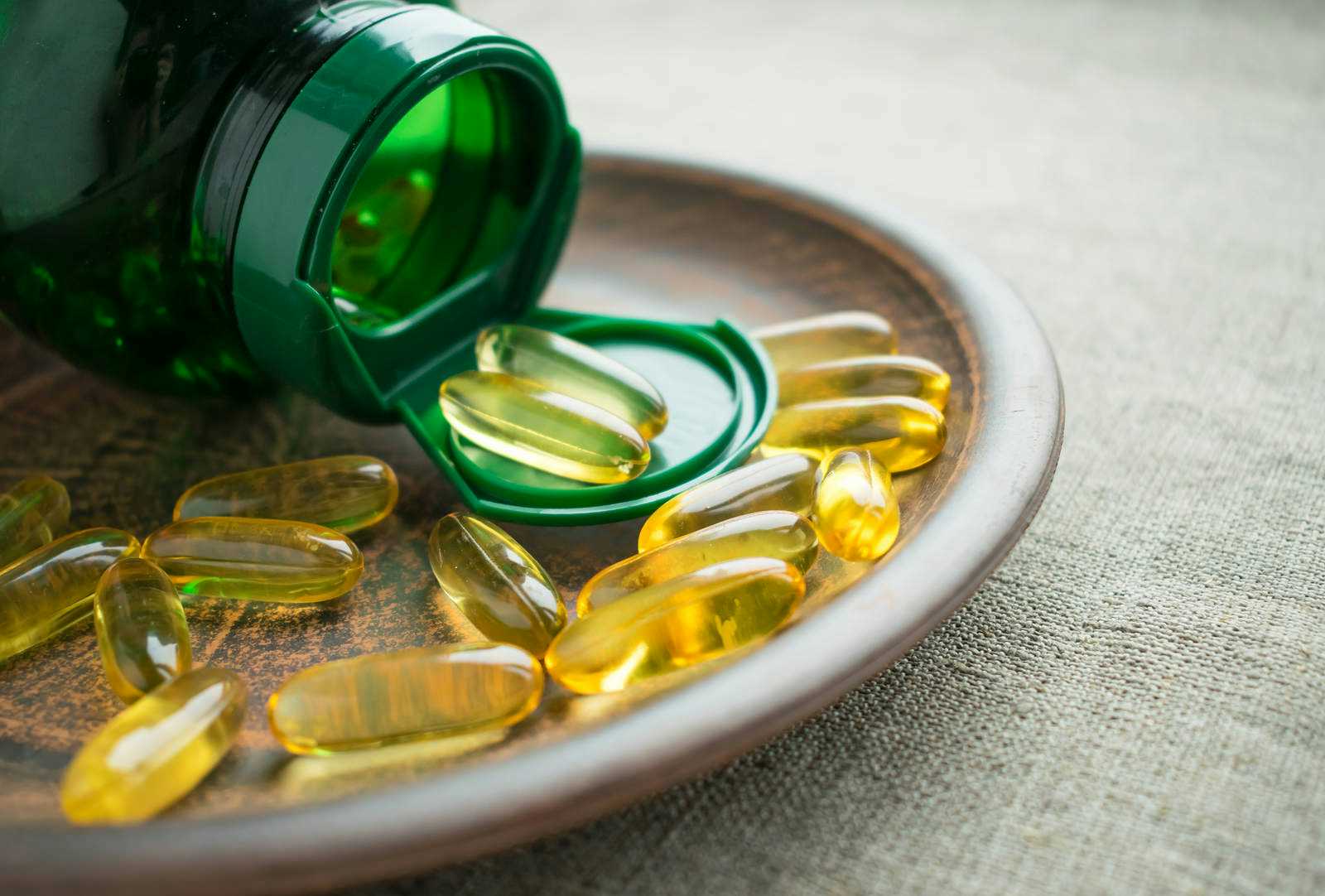
Millions of Americans are low in vitamin D, but taking vitamin D supplements may not do any good. A study of vitamin D supplements published in The New England Journal of Medicine (online, Nov. 10, 2018) did not show that they protect against heart disease or cancer. Still, people with low levels of this crucial vitamin should try to increase it.
These results leave physicians and patients in a quandary. Research has shown that people who are deficient in vitamin D are more susceptible to rheumatoid arthritis, hypertension, asthma, diabetes, depression and osteoporosis. In addition, those who have more sun exposure and higher levels of this hormone in their bodies appear less susceptible to certain cancers and autoimmune conditions. They may also resist infections better.
Why Are People Low in Vitamin D?
If vitamin D is so critical to our health, why are so many people deficient? One reason is that we spend a lot of time indoors. Our skin makes this crucial compound when it is exposed to sunlight.
When we go outside in the sunshine, we are supposed to slather on sunscreen. Such products interfere with vitamin D formation, however. When asked about this, many dermatologists will tell you that you can always take a supplement to get your vitamin D.
Do Vitamin D Supplements Work to Prevent Problems?
Now, it looks as though taking vitamin D in pills may not actually provide the expected benefits. The VITAL clinical trial was a study of vitamin D supplements that recruited nearly 26,000 adults to take 2,000 IU vitamin D3 or look-alike placebo pills every day for more than five years.
The investigators reasoned that this dose of vitamin D should be enough to make a difference in circulating levels of the vitamin (which acts as a hormone in the body). And in fact, it was. In the volunteers who had repeat measurements of 25-hydroxyvitamin D, the levels increased by about 40 percent in those on vitamin D pills. They hardly changed at all in those who were taking placebo pills.
Big Disappointment from the Study of Vitamin D Supplements:
That’s why it is such a disappointment that there was no difference between the groups when it came to the important outcomes–invasive cancer and major cardiovascular events. In an after-the-fact analysis, the researchers found that if they didn’t include the first year or two years in the analysis, people taking vitamin D were about 37 percent less likely to die of cancer. This difference was significant, but the overall rate of death did not differ between the groups. There also did not appear to be any differences with respect to unpleasant reactions such as kidney stones, digestive distress or elevated calcium levels.
These eminent researchers conclude
“daily supplementation with high-dose vitamin D for 5 years among initially healthy adults in the United States did not reduce the incidence of cancer or major cardiovascular events.”
It is not entirely clear why this study of vitamin D supplements showed them to be so ineffectual. These results mirror those of several other randomized controlled trials over the past few years. However, it leaves many people perplexed as to what they should do. Having low levels of vitamin D does increase the risk for several problems.
Can You Get Vitamin D in Other Forms Besides Pills?
The VITAL study on vitamin D supplements utilized just one variety of pill. Readers may want to know about other options.
Q. My doctor recently told me my vitamin D levels are low. I have not been taking vitamins because I have to take blood pressure medicines and I hate taking pills. Do I really need to take vitamin D? Is there a gummy or a liquid preparation that would be just as good as a pill?
A. Low vitamin D levels can contribute to a wide range of health problems, from muscle pain and an increased risk of infection to high blood pressure and kidney disease. We would encourage you to skip the gummies because ConsumerLab.com has found they don’t always provide an accurate dose.
Nonetheless, if you need calcium as well as vitamin D3, L’il Critters and Kirkland (Costco) products both passed the ConsumerLab.com tests. We suggest you spring for the entire report, as the company updates it from time to time. They have recommended a liquid form, Source Naturals Vitamin D-3, as meeting labeling expectations. The complete report is available at subscription-based www.ConsumerLab.com.
Learn More:
You can learn more, including appropriate doses for supplementation, from our eGuide to Vitamin D and Optimal Health.
The study of vitamin D supplements leaves us wondering whether the casual advice to simply take vitamin D pills instead of getting sun exposure is really adequate. Of course, too much ultraviolet radiation can lead to sunburns, wrinkling and skin cancer. But moderate sun exposure might be more beneficial than most people think.

